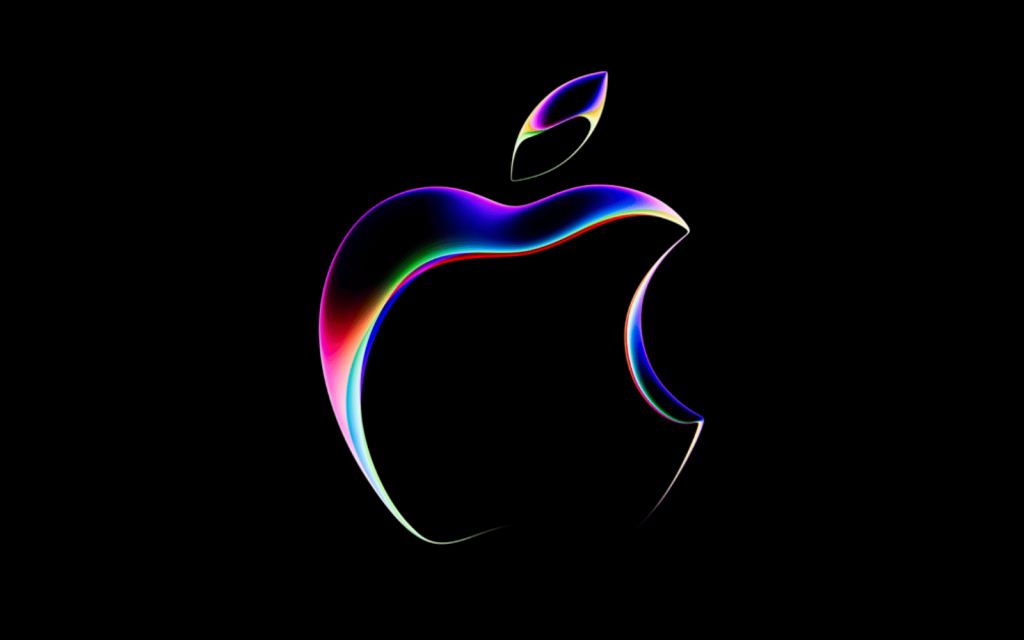One of my son’s favourite books is James and Giant Peach. I was just as enthralled when it was read to me as a child. I recall my mental images of a peach so big it had tunnels inside it, and you could just bite into it to taste that cool, refreshing peach flesh. As unrealistic and fantastical as it seemed, who doesn’t want to fly in a giant peach borne by seagulls?
Apple is that giant, well, peach.
Preserving the Peach Apple
It was merely a coincidence that we were reading this Roald Dahl classic when Apple hit that magical $3 trillion mark – becoming the first company to hit that valuation threshold.
Just over two weeks later, there was another weird Apple moment – when a first-generation iPhone was sold for $190, 373 or 300 times its $499 original price. All the original owner had to do was keep the iPhone sealed in its box since it launched in 2007.
According to The Collectibles Guru (@ericwhiteback) on 𝕏, the 4GB iPhone “outperformed Apple stock by over 7x” because over the same time period “$499 of Apple stock would have returned $26,136.81” That is a commitment to ensuring a collectable item retains its value. Collectors of such items have always known an unsealed box has infinitely more value, and choose to preserve it.
It’s worth pointing out that this is part of the weird attraction the world has – through YouTube – to unboxing videos. There’s this weird phenomenon where people watch unboxing videos which somehow have millions of views. Psychologically, it must be like unwrapping a present (in this case a new gadget), and the dopamine hit that comes with it.
The next iPhone?
But the sealed phone also shows not just what nuggets of joy can be (and cost), but also the enduring way Apple has made technology sexy. Steve Jobs was good at many things, but the way he simplified tech and how we use it should be his most enduring legacy.
The iPhone launched in June 2007 with just one button and a larger touchscreen. This was a far cry from the 2G feature phones we had all become addicted to. It was a design and technology breakthrough so good that it gave the world the mobile internet as we know it.
Now, smartphones don’t have buttons at all. The iPhone, meanwhile, has become Apple’s mainstay – a profit-generating that has catapulted Apple into the stock market stratosphere. It got to the $1 trillion and $2 trillion marks first as well.
Similarly, the iPad has been a constant source of revenue – albeit on a much slower upgrade cycle. The new augmented and virtual reality (AR and AR) Vision Pro goggles are expected to follow in this trend – but won’t be a cash cow for many years. Nor particularly widespread, given the attached $3,500 (R70,000) price tag. If nothing else, it’s the cheapest way to buy a VR home cinema (for an audience of one) where you can watch Apple TV+ shows and movies in 3D. Right now entertainment and gaming appear to be the best use cases for Vision Pro. Apple’s services business, which houses the streaming service, is also doing very nicely – as is Apple Music.
When Jobs announced the iPhone at an event in San Francisco in January 2007 he proclaimed: “Today, Apple is going to reinvent the phone”.
He wasn’t wrong.
- This column was first published on Financial Mail
